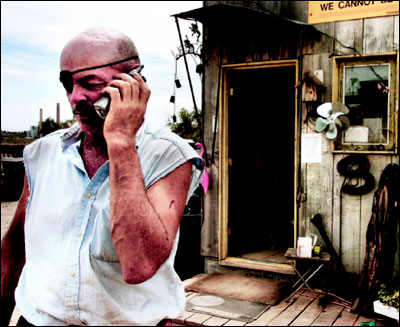
This column highlights the top economic stories of the week.
While Detroit has benefited from Cash for Clunkers, foreign automakers have gained even more. Some critics of the program warned that because it let consumers buy domestic or foreign cars, Clunkers could end up spending more American tax dollars to help foreign companies than American ones. More on this story here.
With irresponsible banking practices taking the blame for bringing about the global economic crisis, there has been a surge of interest in Islamic finance.Now, a slew of academic courses are springing up to meet the demand of those wanting to break into an expanding market. According to ratings agency Moody’s, the global Islamic finance sector is worth $700 billion and has the potential to be worth $4 trillion. More on this story here.
n an effort to curb solid waste pollution, China banned the import of scrap polysilicon at the beginning of August, an effort supported by its current environmental laws according to its Environmental Protection Ministry. Scrap polysilicon is a low-grade form of silicon not pure enough to use in microchips. However, it can be used as a component of solar wafers, which contain a variety of types of silicon, including up to 30% scrap polysilicon. More on this story here.
In my work in Corporate Social Responsibility and sustainable business, Whole Foods has always been a company to benchmark against. They were one of the first major retailers to offset 100% of their energy use with wind energy credits; voluntarily stop using plastic bags company-wide; join theNon-GMO Project’s Product Verification Program; and develop a certification program, the Whole Trade Guarantee, in partnership with non-profits. Plus, the company has received a plethora of sustainability and environmental awards and recognition. So I was just wondering…with a track record like that, can a renegade CEO damage the company’s brand reputation as a socially responsible company? Well, John Mackey, co-founder and chief executive of Whole Foods, is sure giving it the old college try. More on this story here.
To help us wade through all the green hyperbole, a growing list of sustainability ranking projects has emerged including the Princeton Review Green Honor Roll, the College Sustainability Report Card, and the Sierra Club’s just-released Cool Schools ranking. Each of the guides uses a different methodology but all of were helpful when formulating the following compilation of the top green colleges and universities in the United States. More on this story here.


